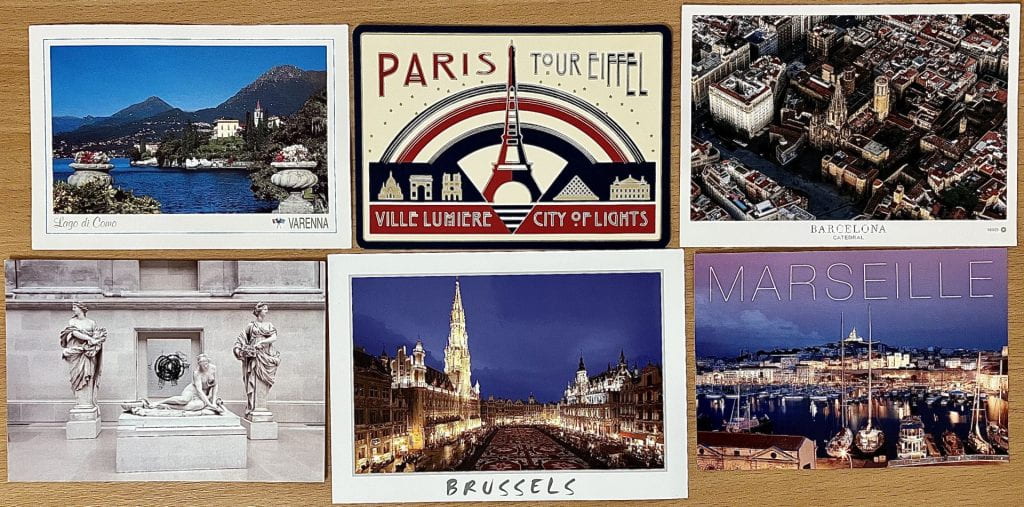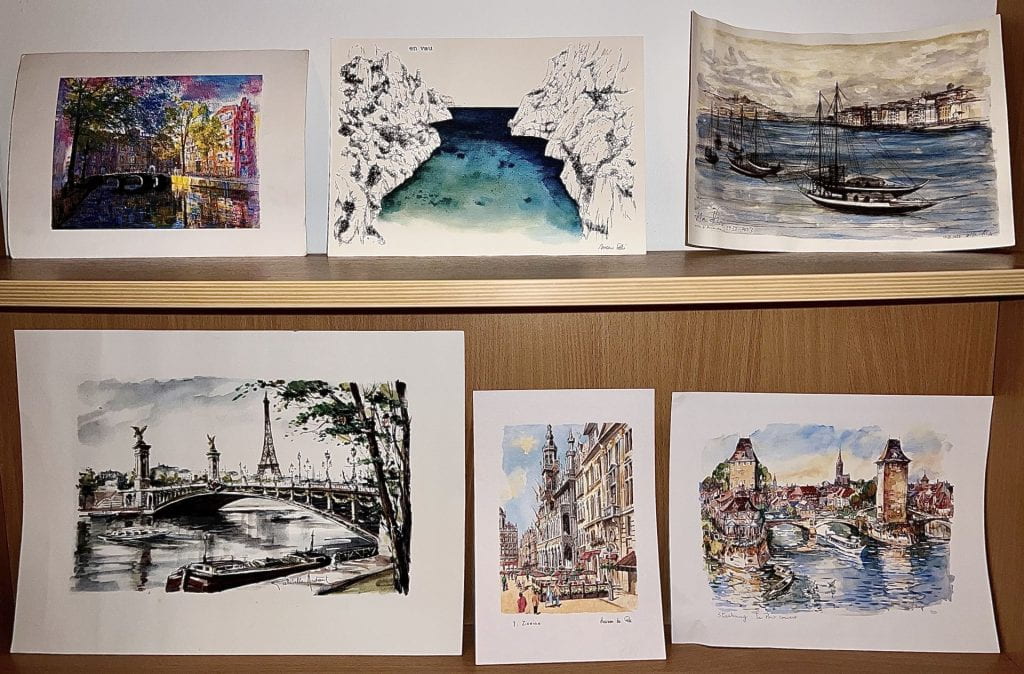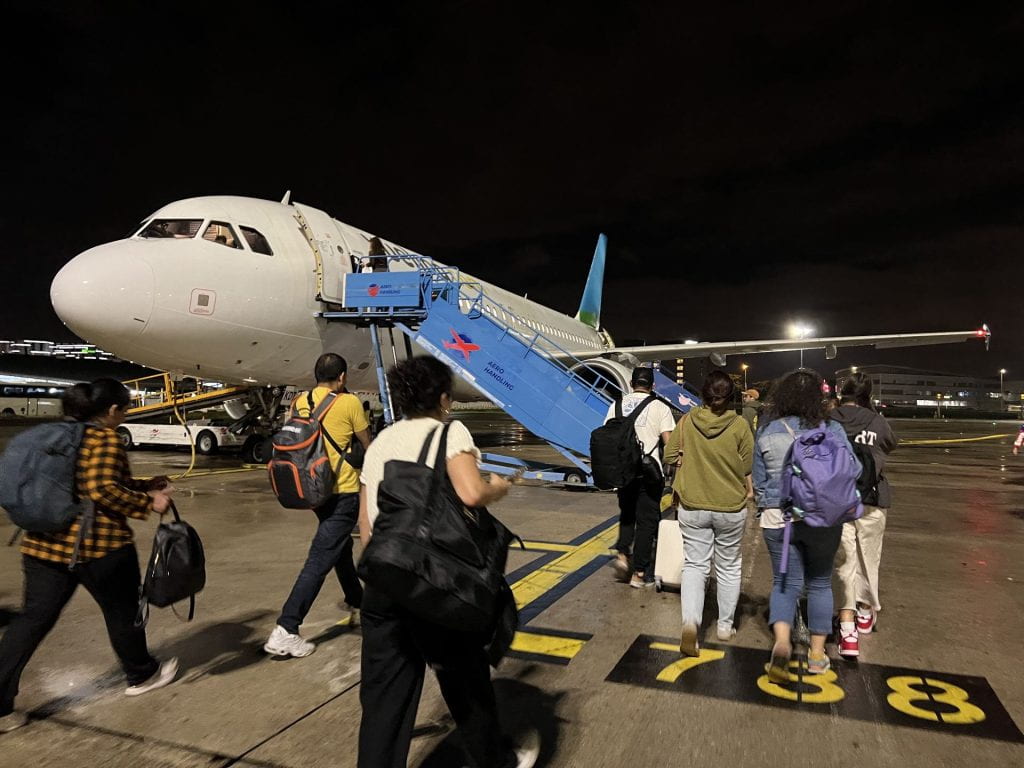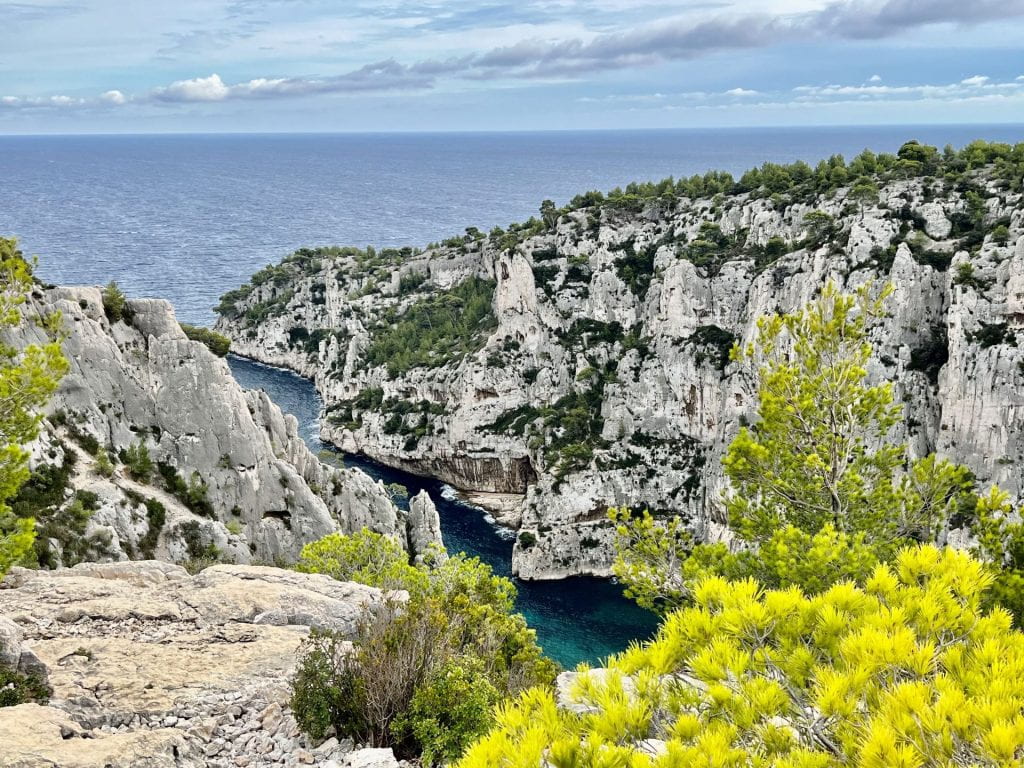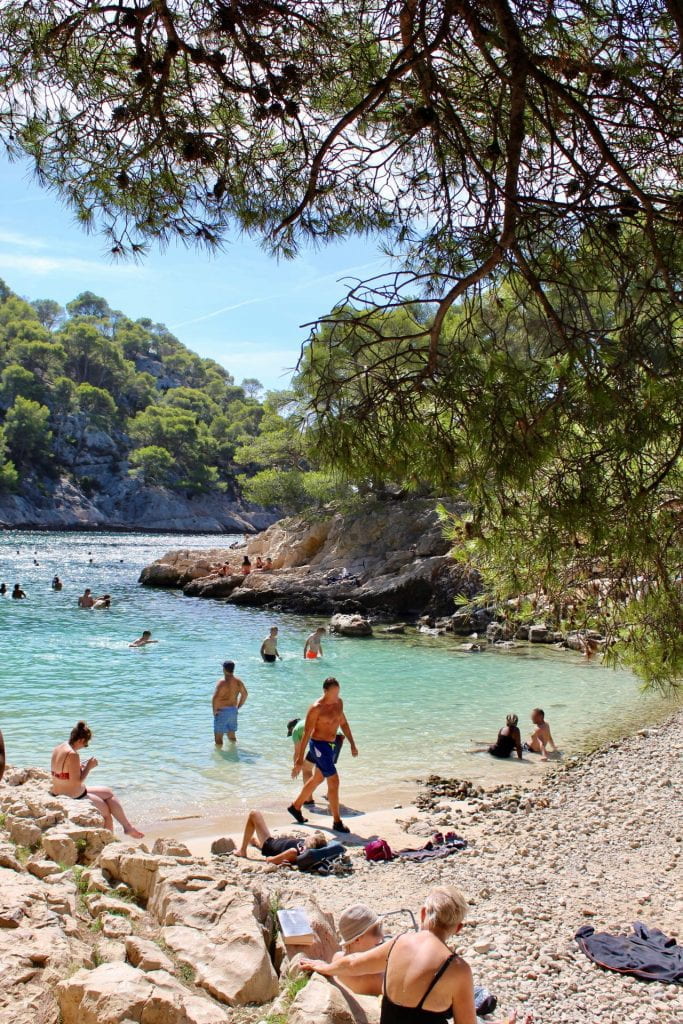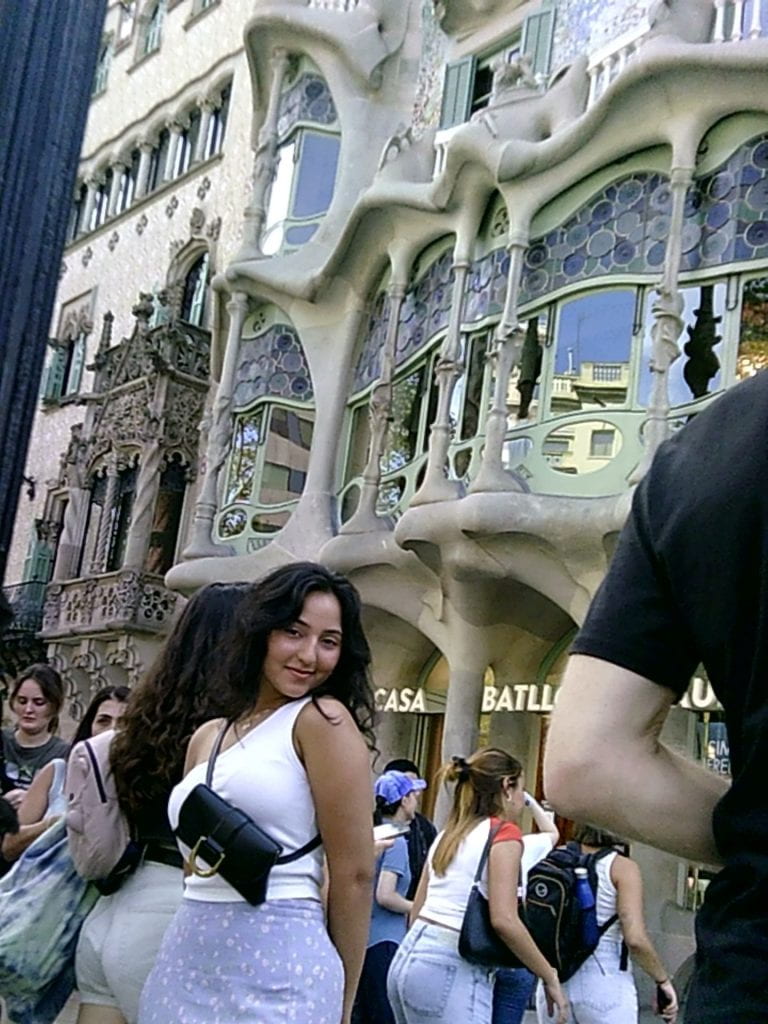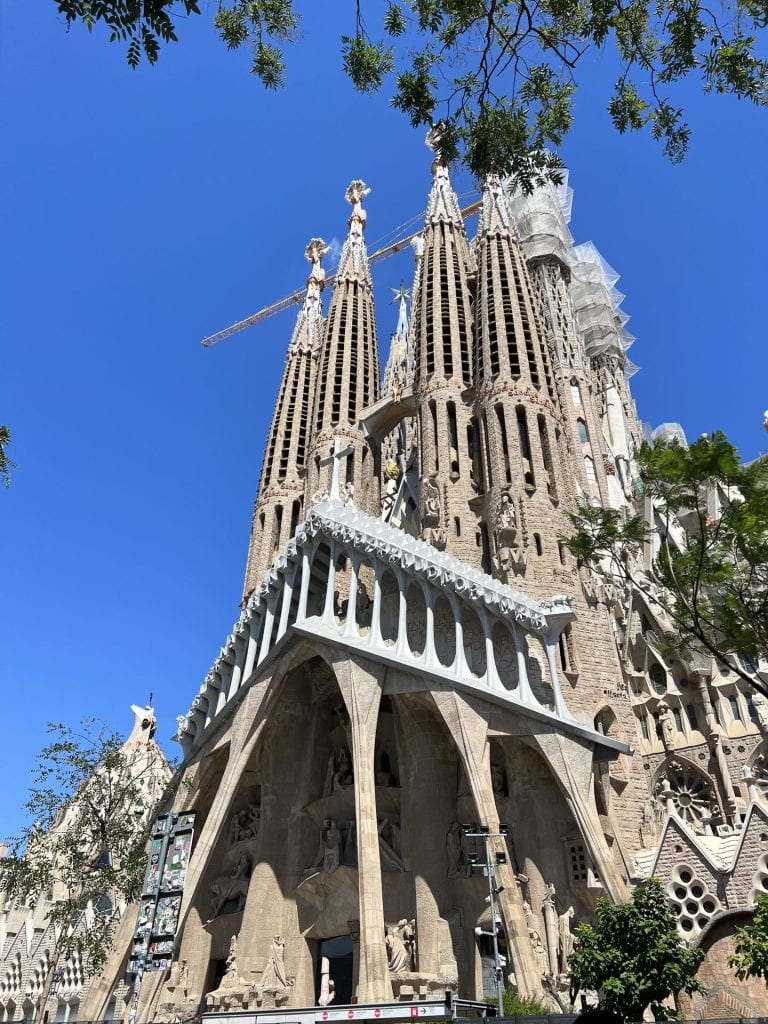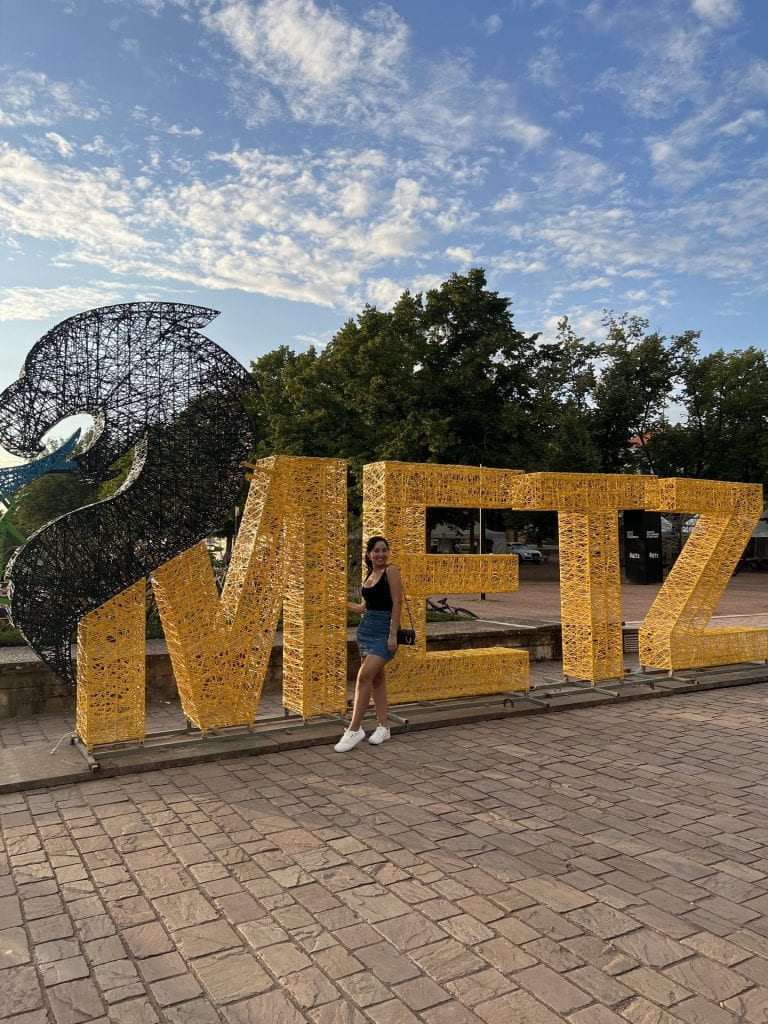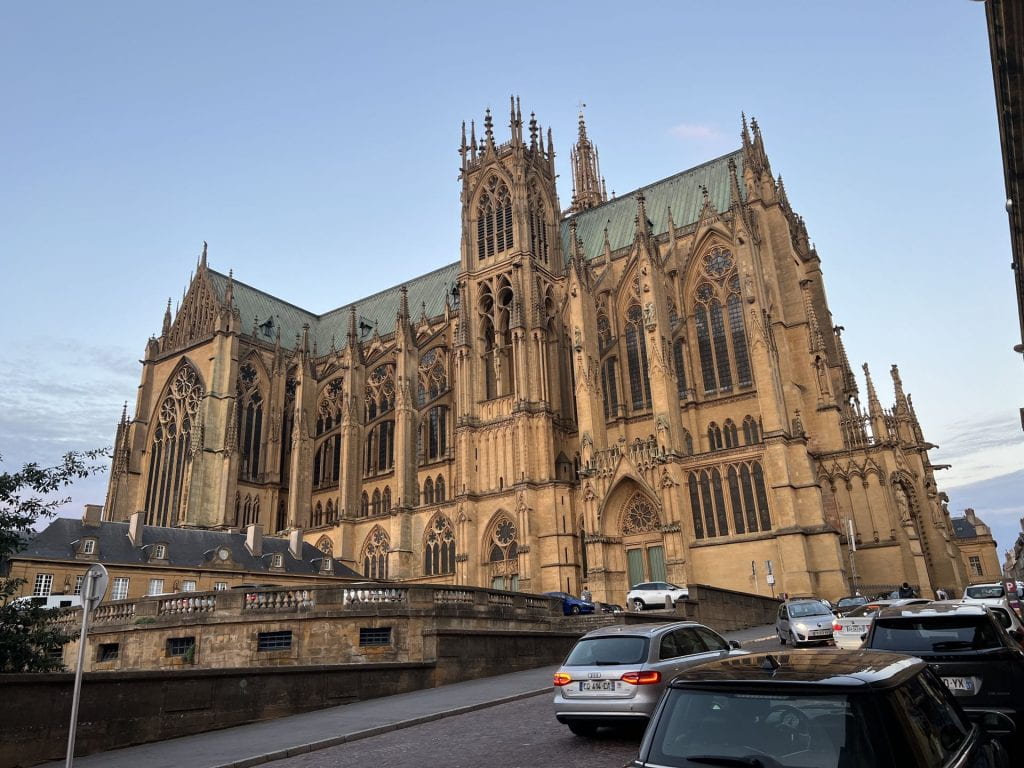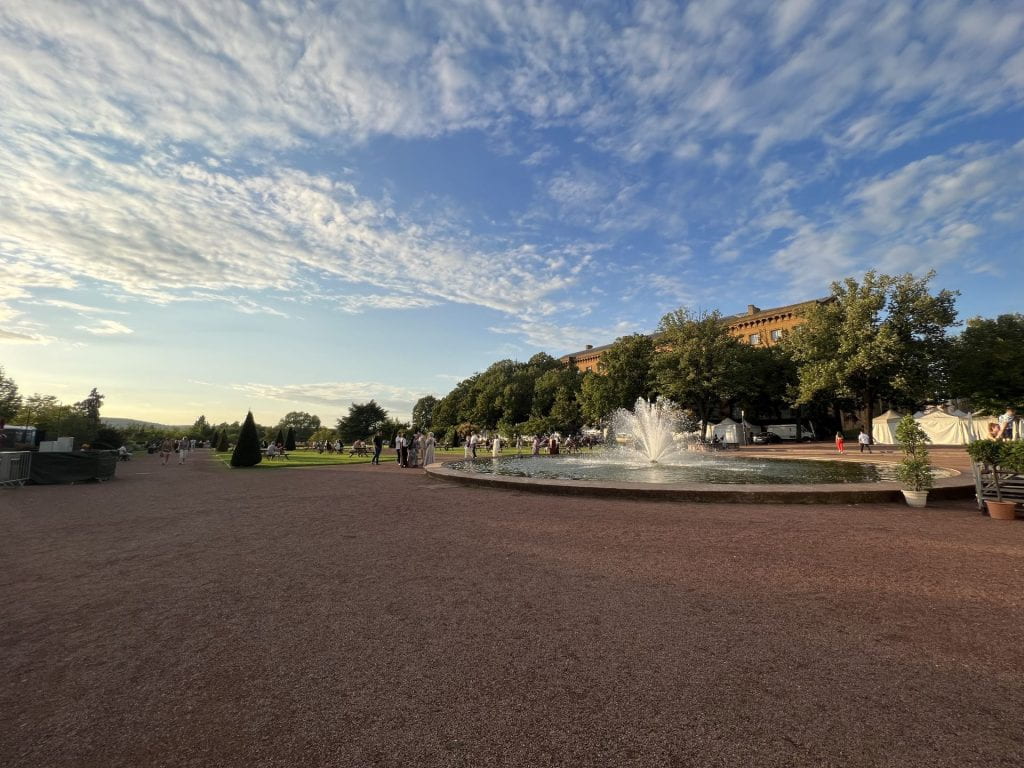Written by Valerie
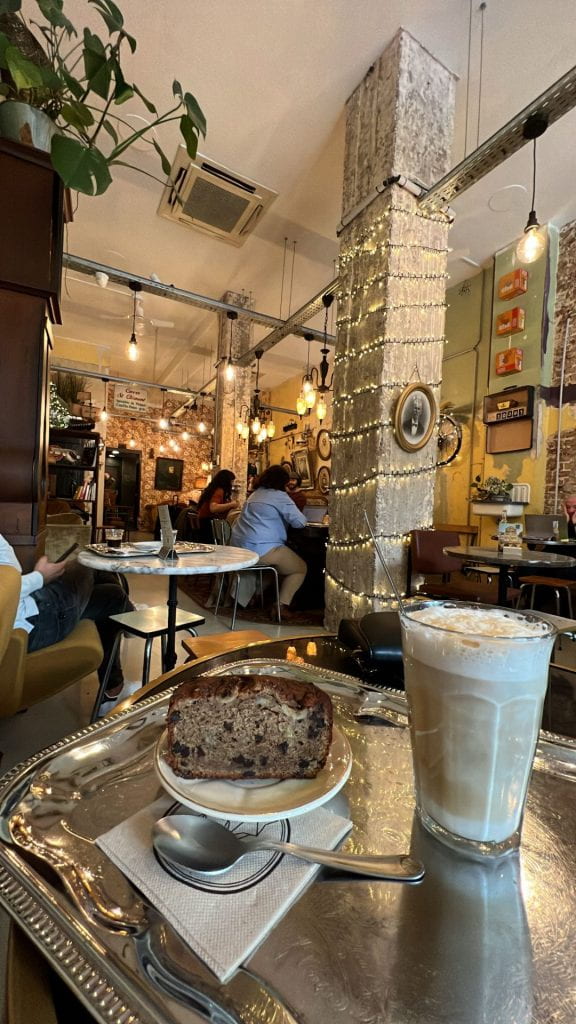
Marco Polo’s tales of an explorer were revolutionary in history. George Eastman’s launch of the Kodak camera in 1888 was revolutionary as well. Both of these major events in history contributed to the evolution of the way people travel. The art of photography, facilitated by technology, has allowed the world to commemorate events and locations significant to them. Now, we can chronicle significant events without having to go through the process of hiring an experienced photographer, making this form of documentation accessible to all. In today’s age, we take a picture of anything and everything simply because we can.
However, since the age of Marco Polo, “travel books have increasingly become a record not of new information but of personal reactions” according to Daniel Boorstin as stated in his book From Traveler to Tourist: The Lost Art of Travel. His stance is that the adventures of travel lack their adventurous aspects. Planning out every detail of a trip, booking tour guides, and constructing meticulous itineraries strips the value of the experience of traveling. Technology has allowed the people of this generation accessibility to all kinds of information, to know exactly what to expect out of their trip. At this point, we all know what the Eiffel Tower looks like. The real question is, will it make us feel the same way it made visitors before us feel?
Those beautiful images displayed on a travel blog or Instagram page are so enticing. The way the colors pop and the rays from the sun illuminate the landscape create that longing to transport yourself there. Then, that sense of desire becomes a reality, and the trip is planned. You arrive and look around but the gloriousness of that photo you saw is not there because nature can’t be perfect, and neither can life. However, not getting what you expected out of something you see in a photo is only disappointing to those with a specific type of mindset. Pictures have the ability to make you feel any range of emotions, such as one of enchantment after seeing a beautiful destination spot. However, travel is not travel without spontaneity, risk, and the unknown. It’s part of the enhanced experience that contributes to personal growth, skill formation, and lasting memories.
My suggestion would be to aim for cultural enrichment rather than seeking out the content of the images you saw prior to visiting a place. No event can be replicated twice, so pursuing a story from an image will only lead to unmet expectations. Instead, create your own experiences, for those will contribute to the lessons taught by the places you visit.

